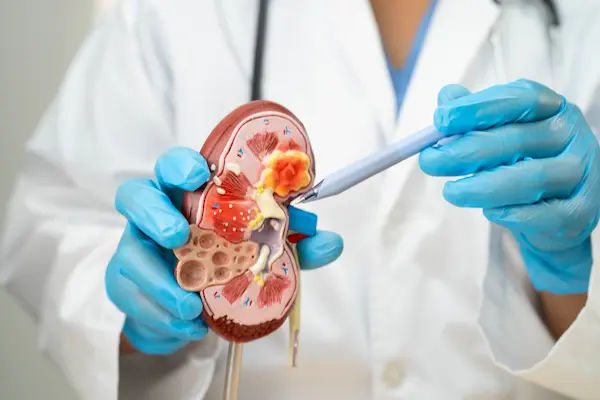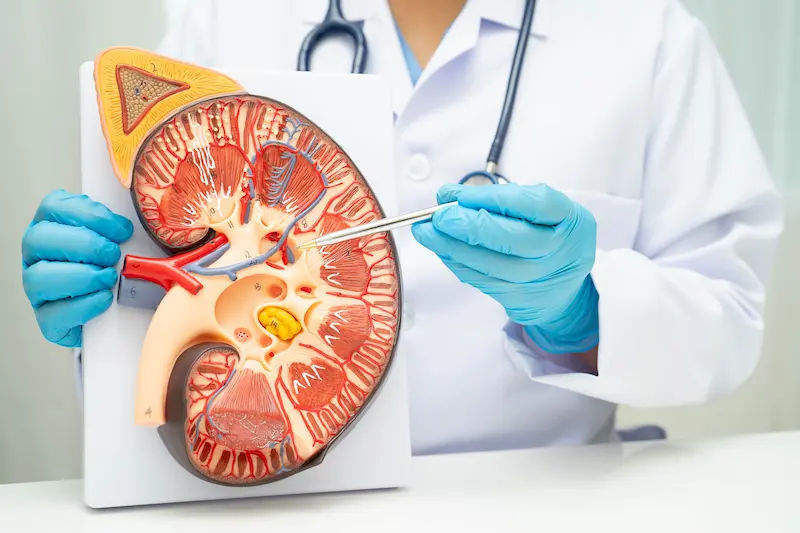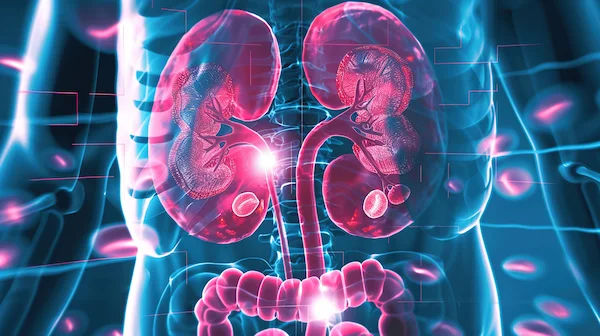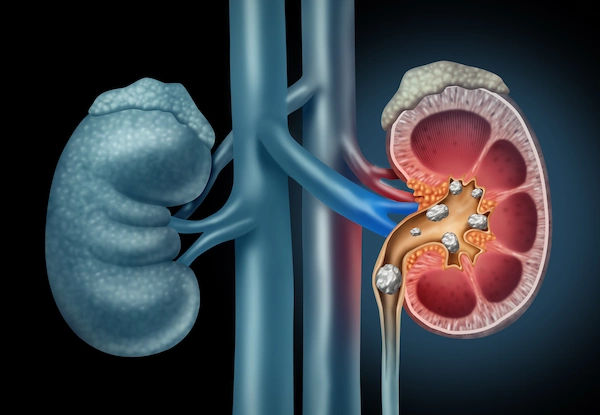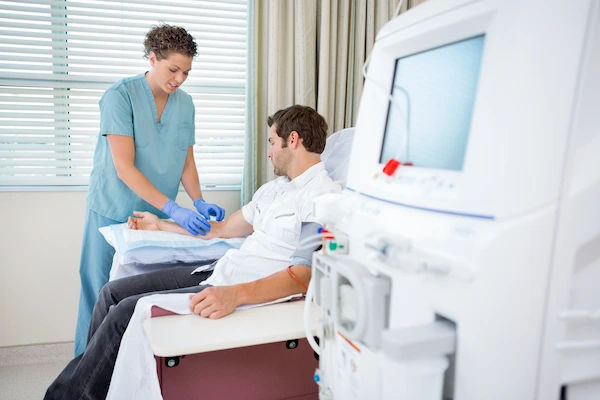- male
- 60 Years
- 10/05/2022
Is 1.7 Creatinine level dangerous for a diabetic patient?
More Nephrology Health Queries
View allI'm a bit worried because I've noticed my urine is really foamy. I did some tests, and my uric acid is 7.2, and creatinine is 1.1. Also, I feel like I need to pee really often after drinking water. Plus, there's this annoying pain in my foot. Can you tell me what's going on and what I should do next?
There must be protien loss in the urine,get complete urine examination to look for protien loss and visit nephrologist for appropriate management
Answered by 1 Apollo Doctors
I'm really worried about this pain I've been having in my kidney area. It's been going on for the past three years, and I just don't know what to do anymore. Along with that, I've been needing to urinate a lot more frequently, and there's this severe pain in my legs, especially in my leg fingers. It's really affecting my day-to-day life. Can you suggest what might be going on or what steps I should take next?
1. *Nephrologist or Urologist*: Consult a nephrologist (kidney specialist) or urologist for a comprehensive evaluation. 2. *Imaging Tests*: Undergo imaging tests like ultrasound, CT scans, or MRI scans to assess your kidneys and urinary tract. 3. *Blood Tests*: Get blood tests to check for kidney function, electrolyte levels, and potential infections. 4. *Pain Management*: Discuss pain management options with your doctor, such as medication or alternative therapies. *Potential Causes* 1. *Kidney Stones*: Recurring kidney stones could be causing your symptoms. 2. *Urinary Tract Infections (UTIs)*: Frequent UTIs might be contributing to your issues. 3. *Kidney Disease*: Underlying kidney disease, such as polycystic kidney disease, could be the culprit. 4. *Other Medical Conditions*: Certain conditions, like multiple sclerosis or peripheral artery disease, might be causing your leg pain. *What to Do Next* 1. *Schedule an Appointment*: Book an appointment with a nephrologist or urologist as soon as possible. 2. *Keep a Symptom Journal*: Record your symptoms, including when they occur, how long they last, and any potential triggers. 3. *Stay Hydrated*: Drink plenty of water to help flush out your system.
Answered by 1 Apollo Doctors
I'm taking wysolene 0.5 mg and mycept s 360, and my family says I've been more angry lately. Could these medicines be causing that?
Visit Physician for evaluation and appropriate management
Answered by 1 Apollo Doctors
Disclaimer: Answers on Apollo 247 are not intended to replace your doctor advice. Always seek help of a professional doctor in case of an medical emergency or ailment.


